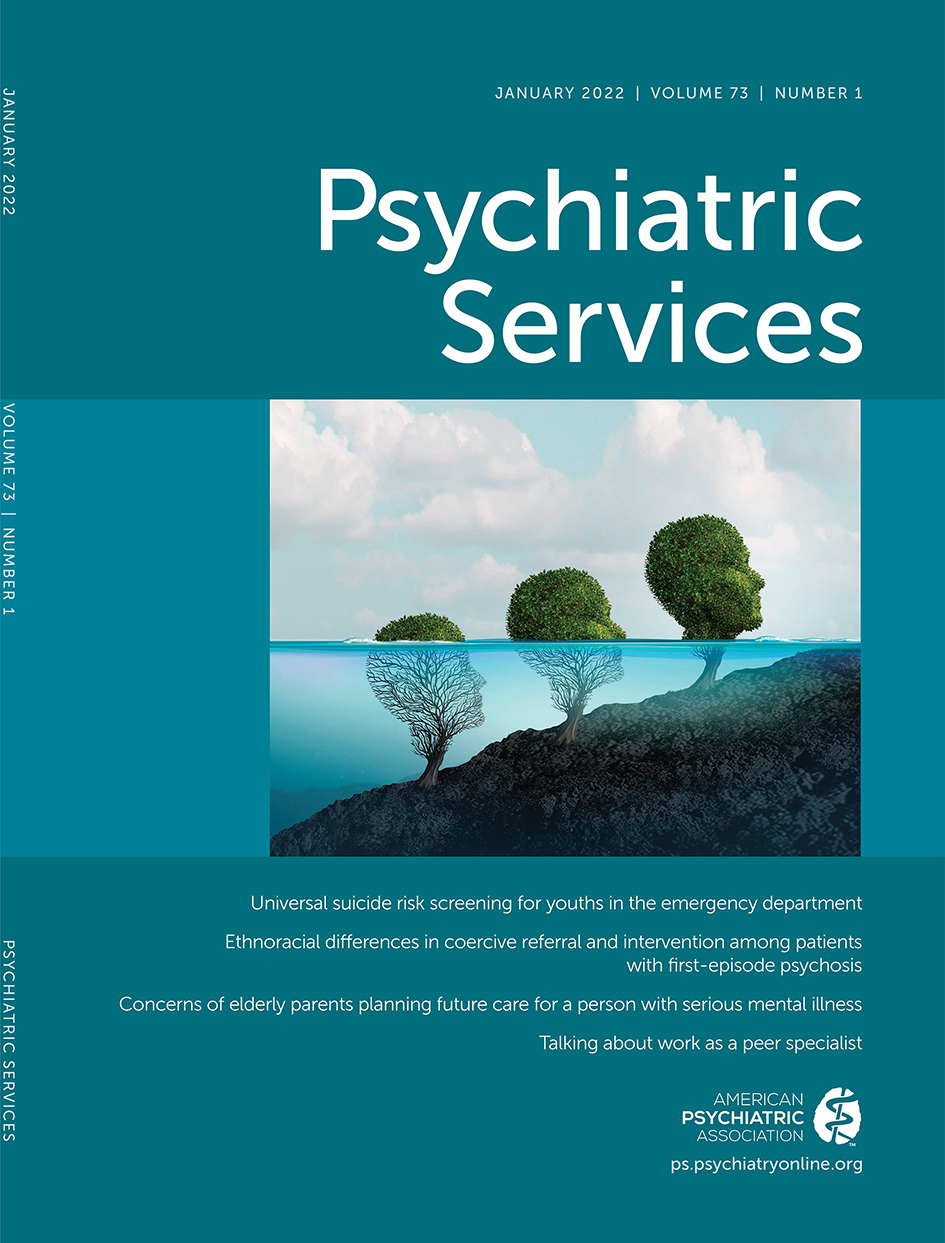Impact of COVID-19 on Peer Support Specialists in the United States: Findings From a Cross-Sectional Online Survey
Abstract
Objective:
Peer support specialists (PSS) are an integral part of the mental health workforce. The purpose of this study was to better understand how the COVID-19 pandemic affected their employment status and day-to-day work.
Methods:
A cross-sectional, online survey was conducted (May–June 2020). Recruitment occurred through the National Association of Peer Specialists and additional snowball sampling. Closed- and open-ended questions sought information about employment status, work tasks, challenges faced by PSS and by individuals they supported, and positive impacts they experienced.
Results:
A total of 1,280 surveys were analyzed. Nine percent of respondents reported having lost their job as a result of COVID-19. Of these, 65% reported a length of employment of 2 or more years, and 61% reported working 35 hours or less per week. Job tasks changed dramatically, with 73% reporting engagement in new tasks, including increased reliance on technology (N=717), increased coordination of resources (N=123), and COVID-19–related tasks (N=142). Engagement in some support tasks decreased significantly from prepandemic levels, including individual support provision (p<0.001) and group facilitation (p<0.001). Respondents reported significant challenges among individuals they supported, including increased isolation (92%), substance use (67%), housing instability (38%), and food insecurity (64%). Although respondents also reported challenges, satisfaction with organizational and supervisory support was high. Most respondents (73%) reported positive impacts or benefits from the pandemic.
Conclusions:
The changing roles and tasks identified in this study have implications for hiring, training, supervising, and supporting peer staff. The peer workforce demonstrated flexibility and commitment to meeting increasing needs.



